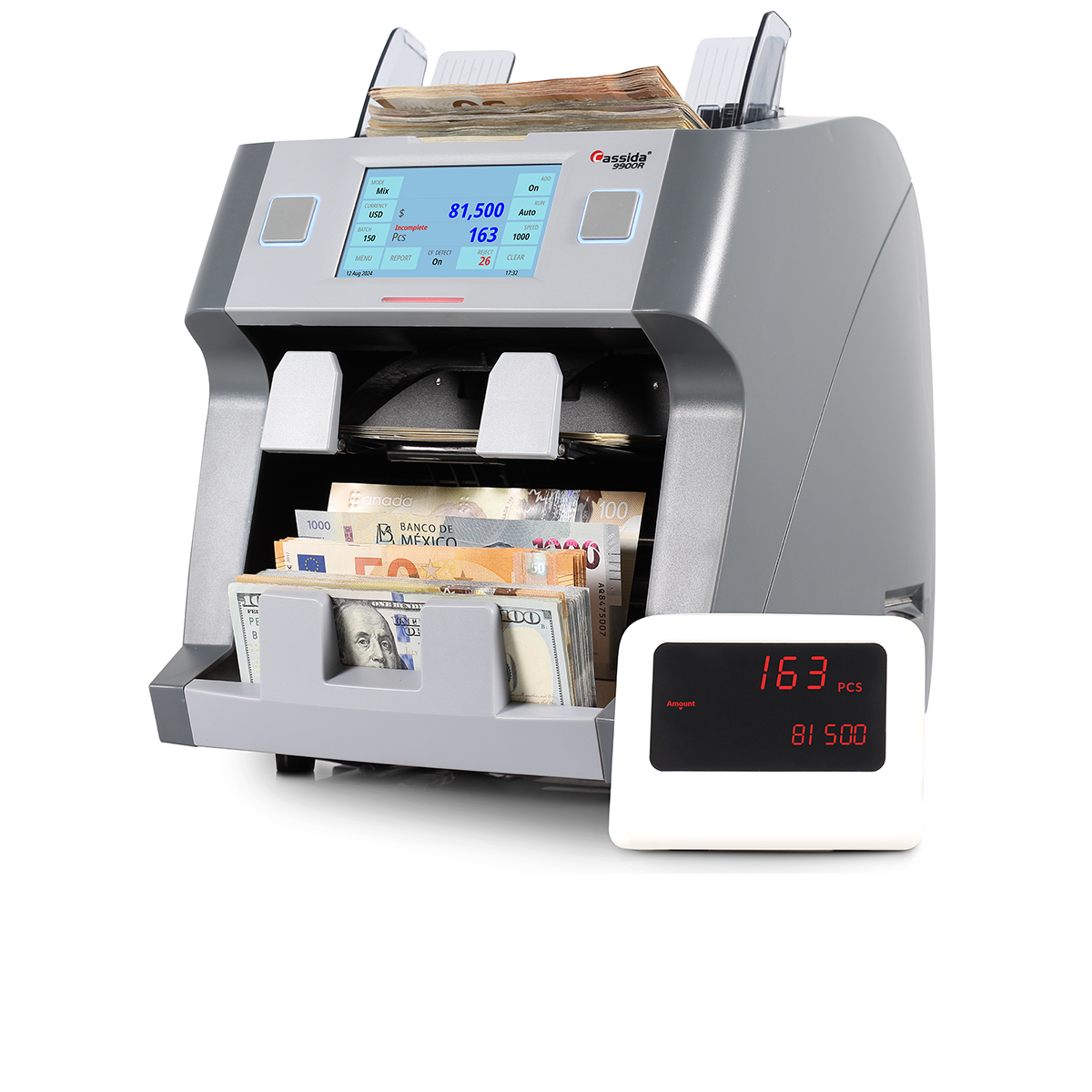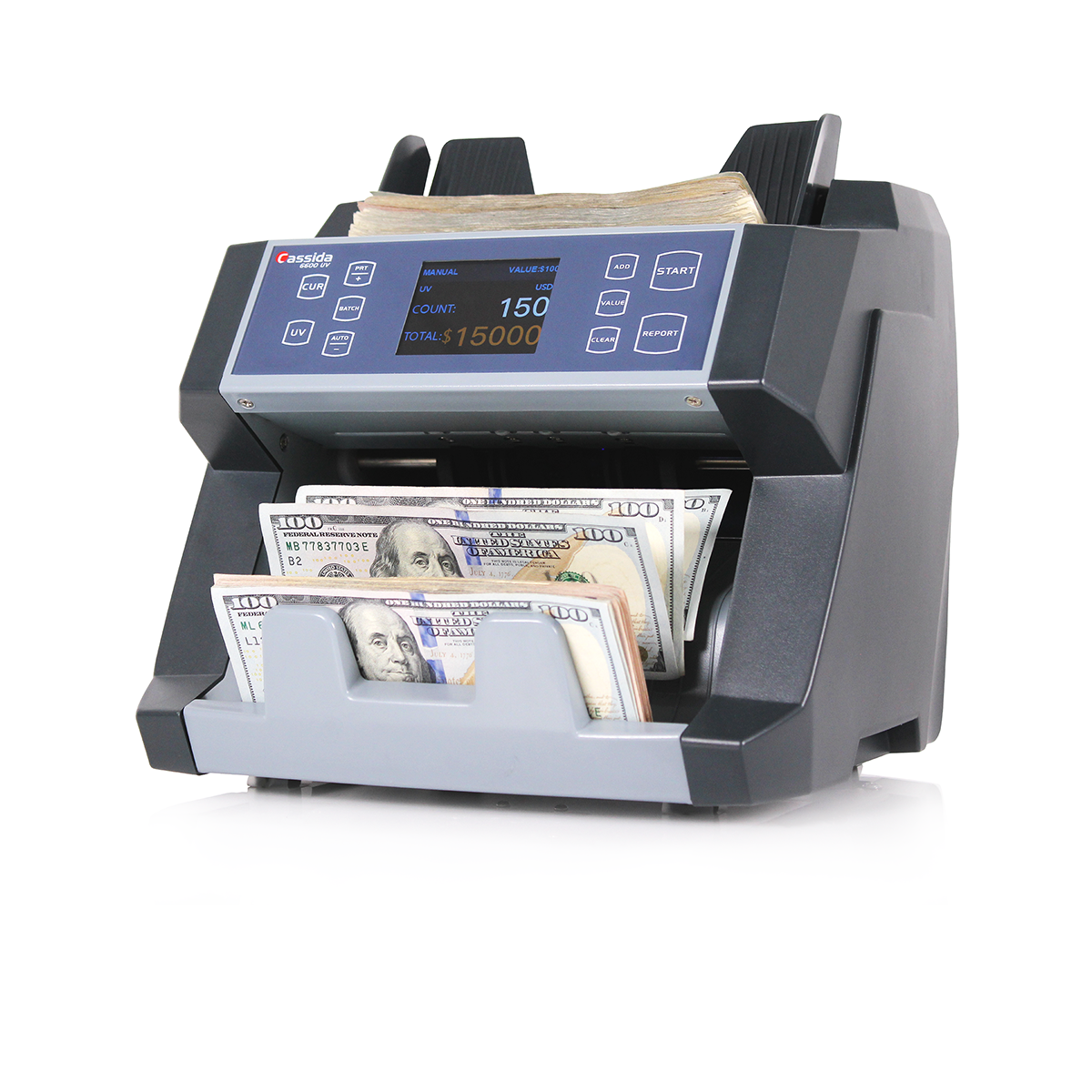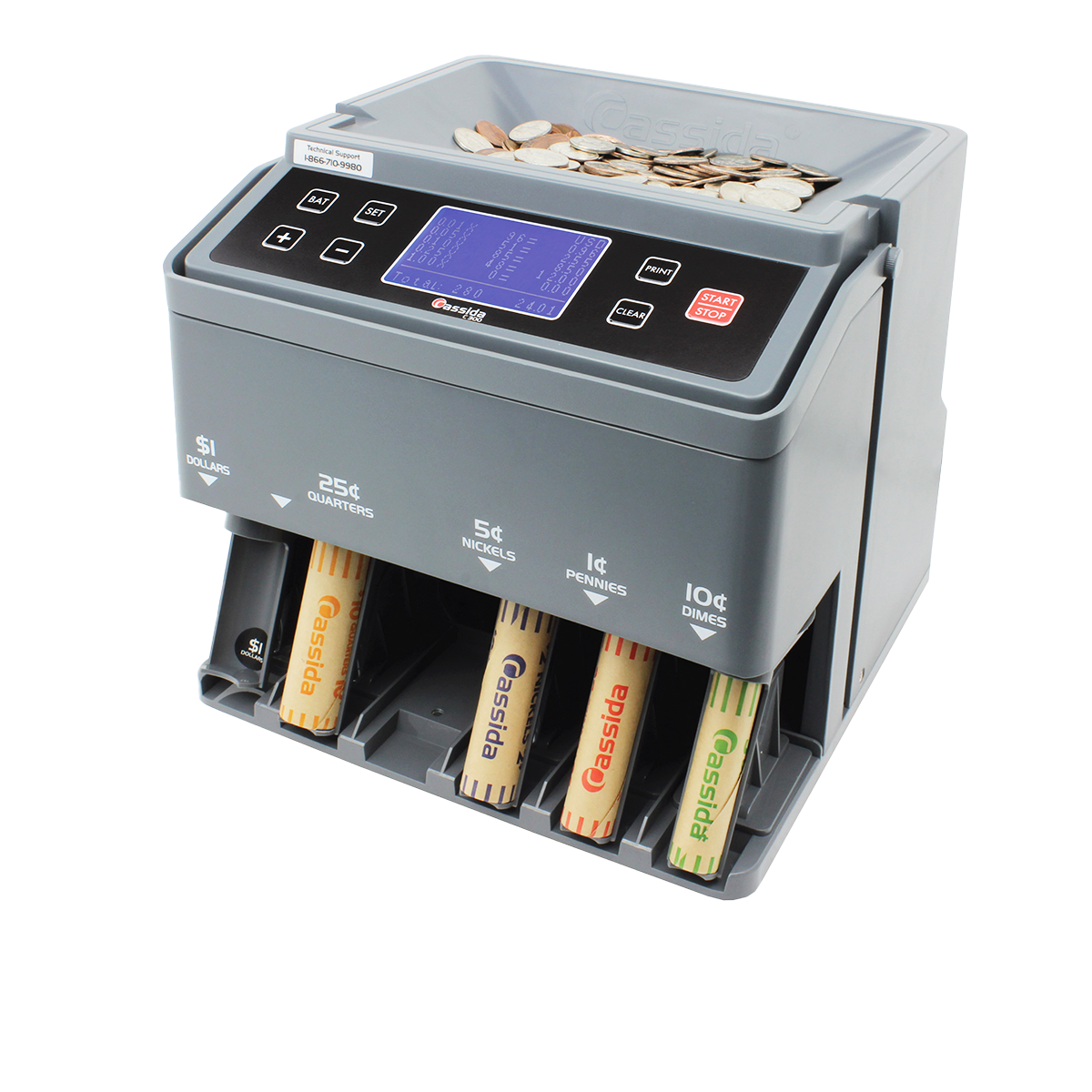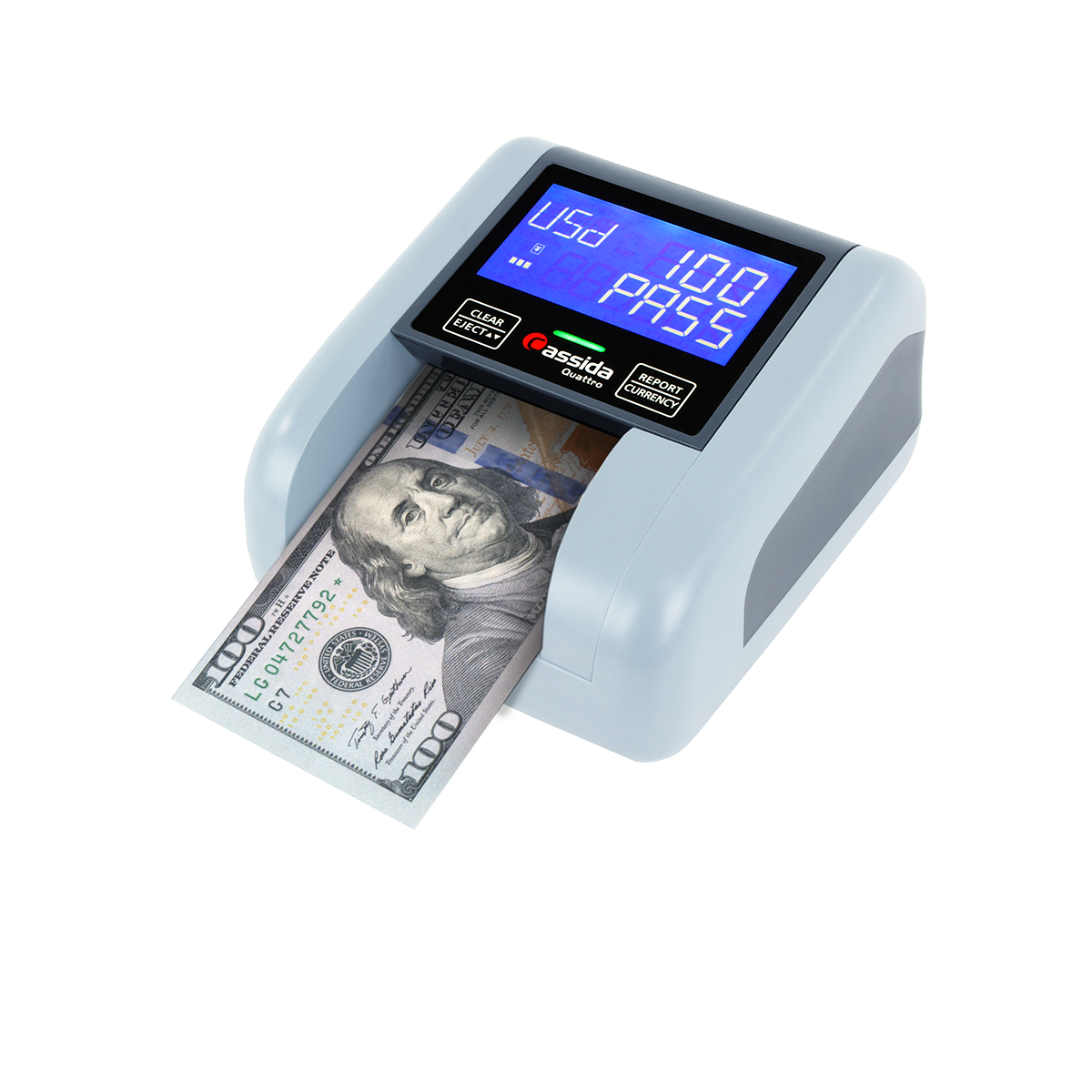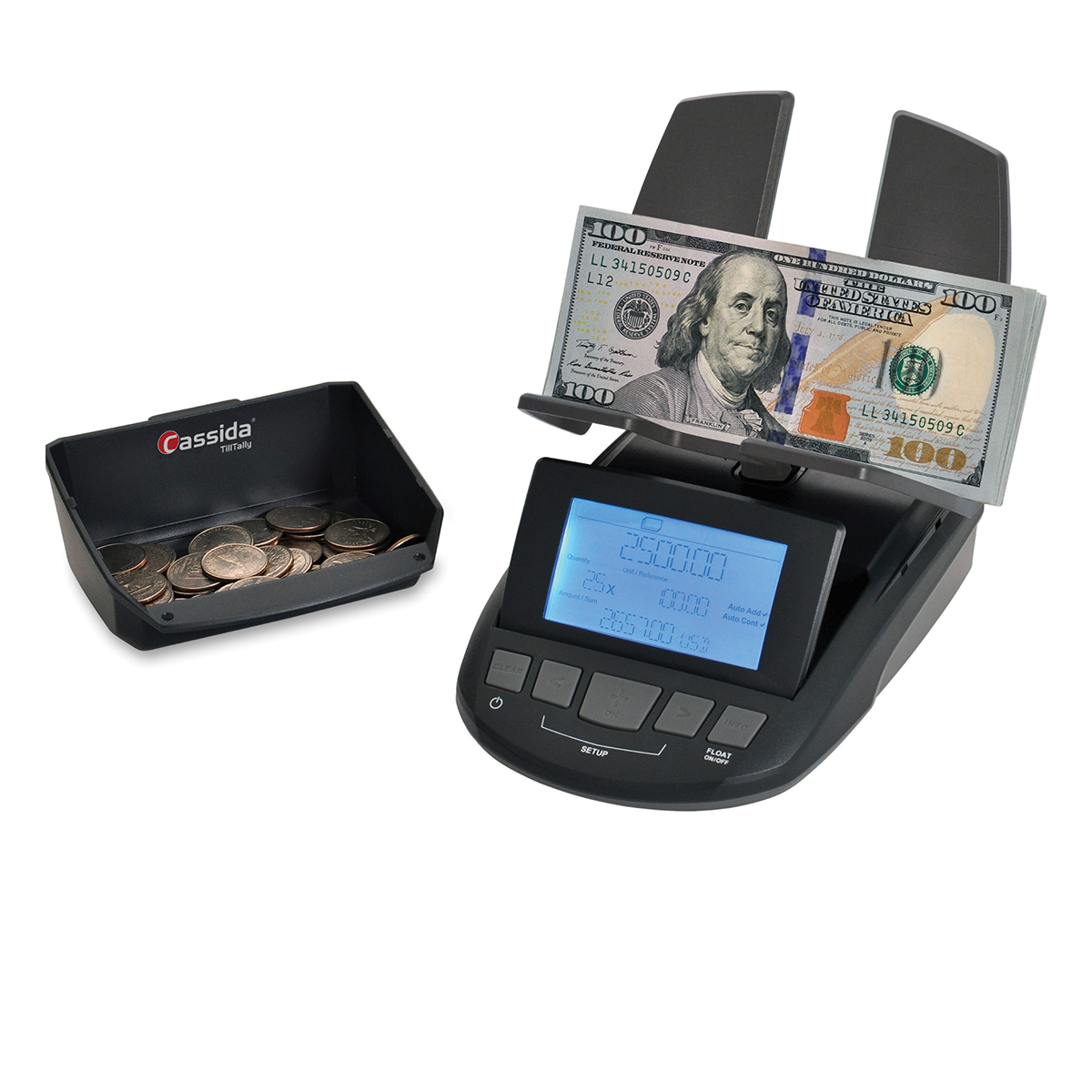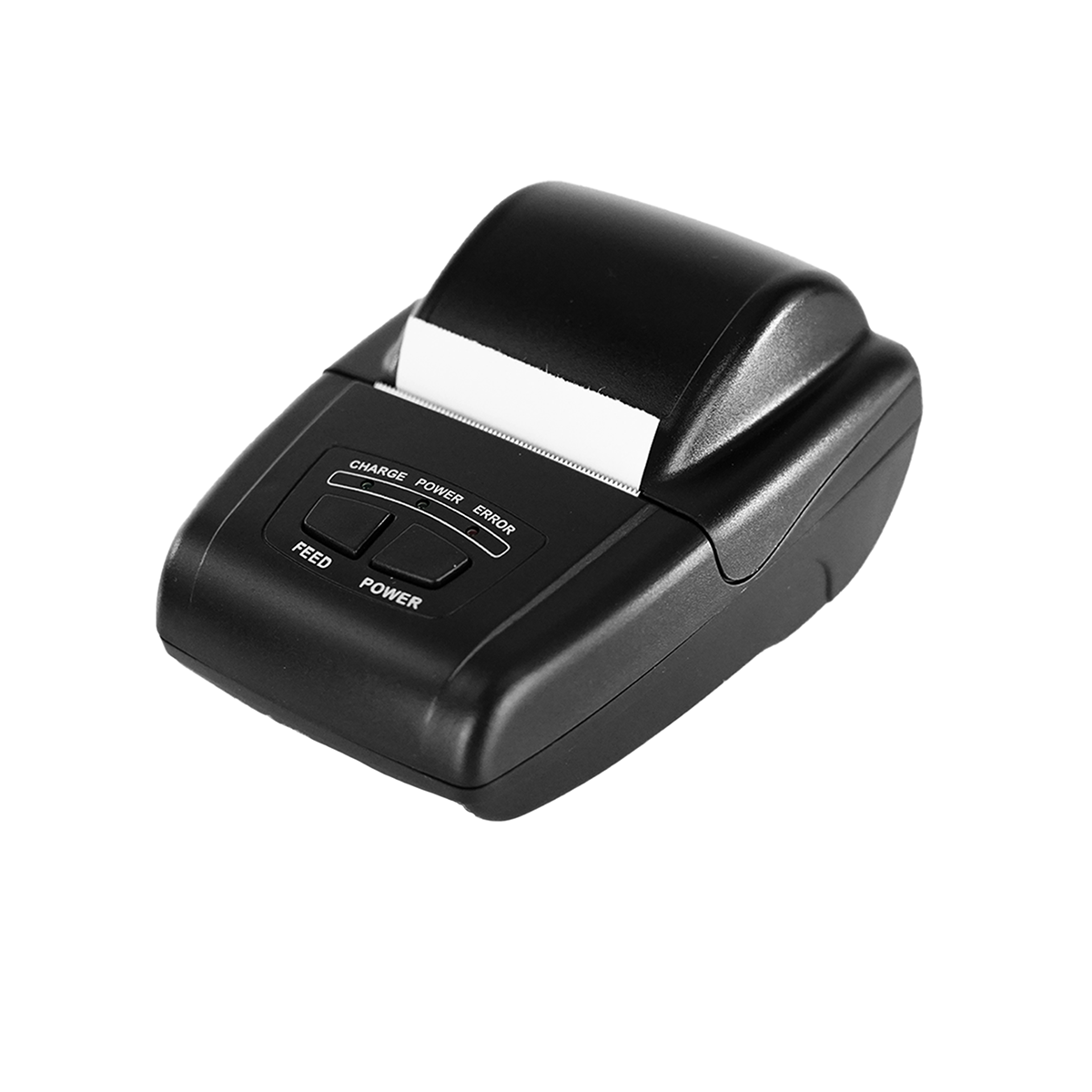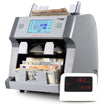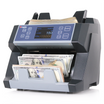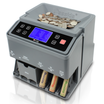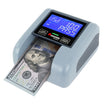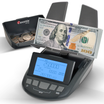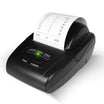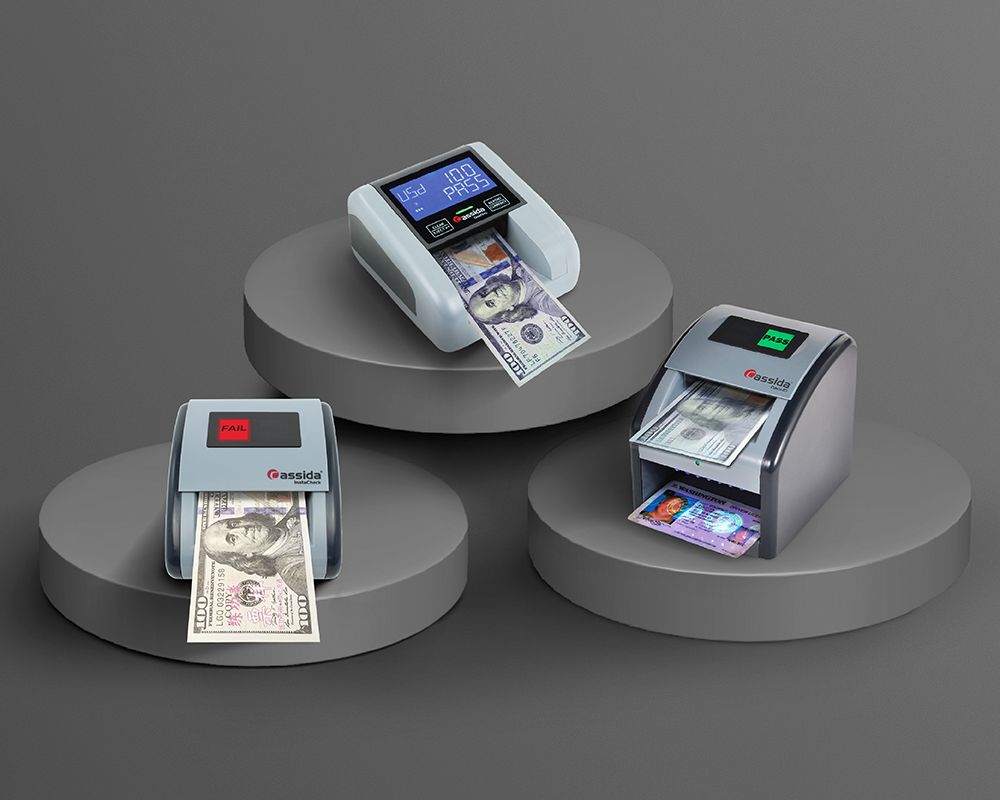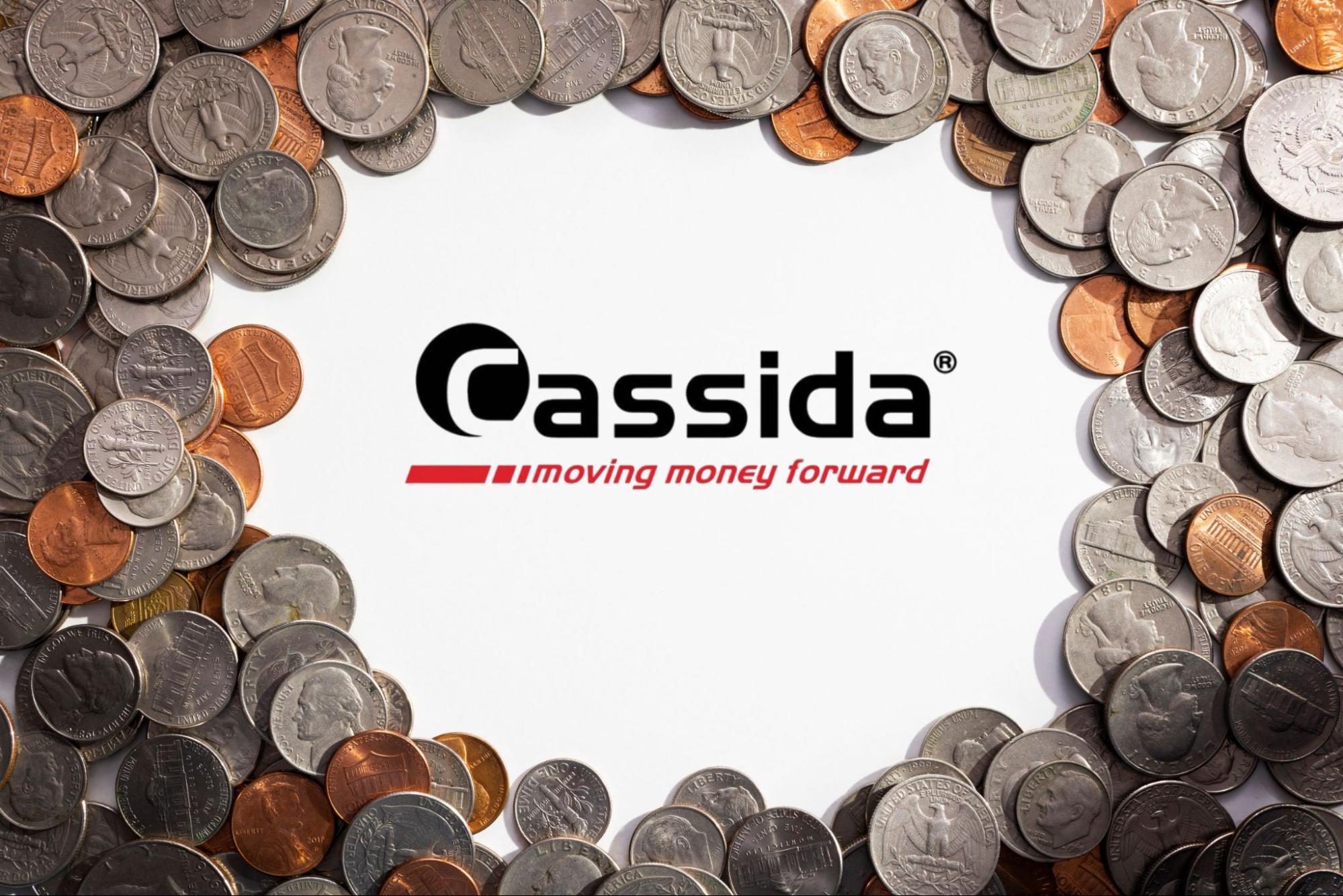Fake bills are a serious issue all over the globe, and they cost businesses billions every year. Accepting forged bills or checks can damage your profits and your reputation.Fortunately counterfeit detectors make it easy to identify fake cash, IDs, checks and money orders in seconds, before a bad bill becomes your problem.
Counterfeit Detectors Explained: What They Are & What They Do
A counterfeit detector is a compact portable device that is used to distinguish fake currency, ID cards, and other hard/soft securities. There are a few different types of verification methods:
-
UV (Ultraviolet) Light Detection – This method involves shining ultraviolet light on the bills, checks, or IDs and searching for security watermarks that are present in genuine currency.
-
Infrared (IR) Detection – Identifies counterfeit banknotes by illuminating them with infrared light and using sensors to verify specific patterns, ink reactions, and security features unique to genuine notes, ensuring high accuracy and multi-currency compatibility.
-
Magnetic Ink Detection – It detects magnetic ink which is used for printing of genuine currency notes and documents.
Why Do You Need a Counterfeit Detector?
Even a single counterfeit bill can damage your business.Not only do counterfeit notes have no redeemable value, but they can also trigger failed bank deposits, federal investigations, and potential fines or penalties. Accepting counterfeit bills, checks, or IDs—whether intentional or accidental, can lead to significant financial loss.
From a legal perspective; this could be very risky because if a minor is served the help of a fake ID your business is liable for legal repercussions.
You may believe that counterfeits are a rarity, but the US Secret Service reports receivesing millions annually. Just one or two fake bills or forged documents in your cash drawer could be a costly to your business. A counterfeit money detector is an affordable and effective safeguard against threat. All it takes is one fake bill or forged check to affect your bottom line.
A counterfeit detector is a small investment with a big return: fast fraud detection that protects your revenue, your customers, and your reputation.
This makes the use of a cash detector very efficient because it only takes a few seconds to scan a bill, even in a full cash drawer.
Ensure your business, income, and reputation are protected by a good counterfeit detector.For any business dealing with money or customer identification today, a detector is essential, as the use of progressively advanced fake money and IDs is becoming more and more widespread.
To learn more about counterfeit detectors, here is a list of Cassida detectors:
FAQs: Using & Choosing a Counterfeit Detector
What businesses need a counterfeit detector the most?
Retailers, restaurants, gas stations, banks, and event venues are especially vulnerable to counterfeit scams. Any business that handles cash or checks should use a counterfeit detector to reduce fraud risk and protect against costly losses or legal consequences.
What features should I look for in a counterfeit detector?
Look for multi-layered detection: UV, magnetic ink, infrared, and watermark verification. Speed, accuracy, portability, and multi-currency support are also key. Models like the Cassida Instacheck offer fast scans and high reliability for small businesses and large operations alike.
Can counterfeit detectors catch fake IDs?
Yes—some detectors, like the Cassida Omni-ID, are built to verify driver’s licenses and other photo IDs. These devices check barcode formatting, embedded security features, and data consistency to help identify forged identification documents at the point of sale.
Is using a counterfeit detector legal and compliant?
Absolutely. In fact, using a counterfeit money detector can help businesses stay compliant with federal regulations. It demonstrates due diligence, protects you from liability, and can be vital during audits or legal reviews involving cash handling and ID verification.
What happens if I accept a fake bill by accident?
Unfortunately, fake bills have no redemption value. If deposited or passed forward, they may be seized by banks or law enforcement—and your business could lose that money. Worse, you may face scrutiny or fines. A counterfeit bill detector helps prevent that risk.


